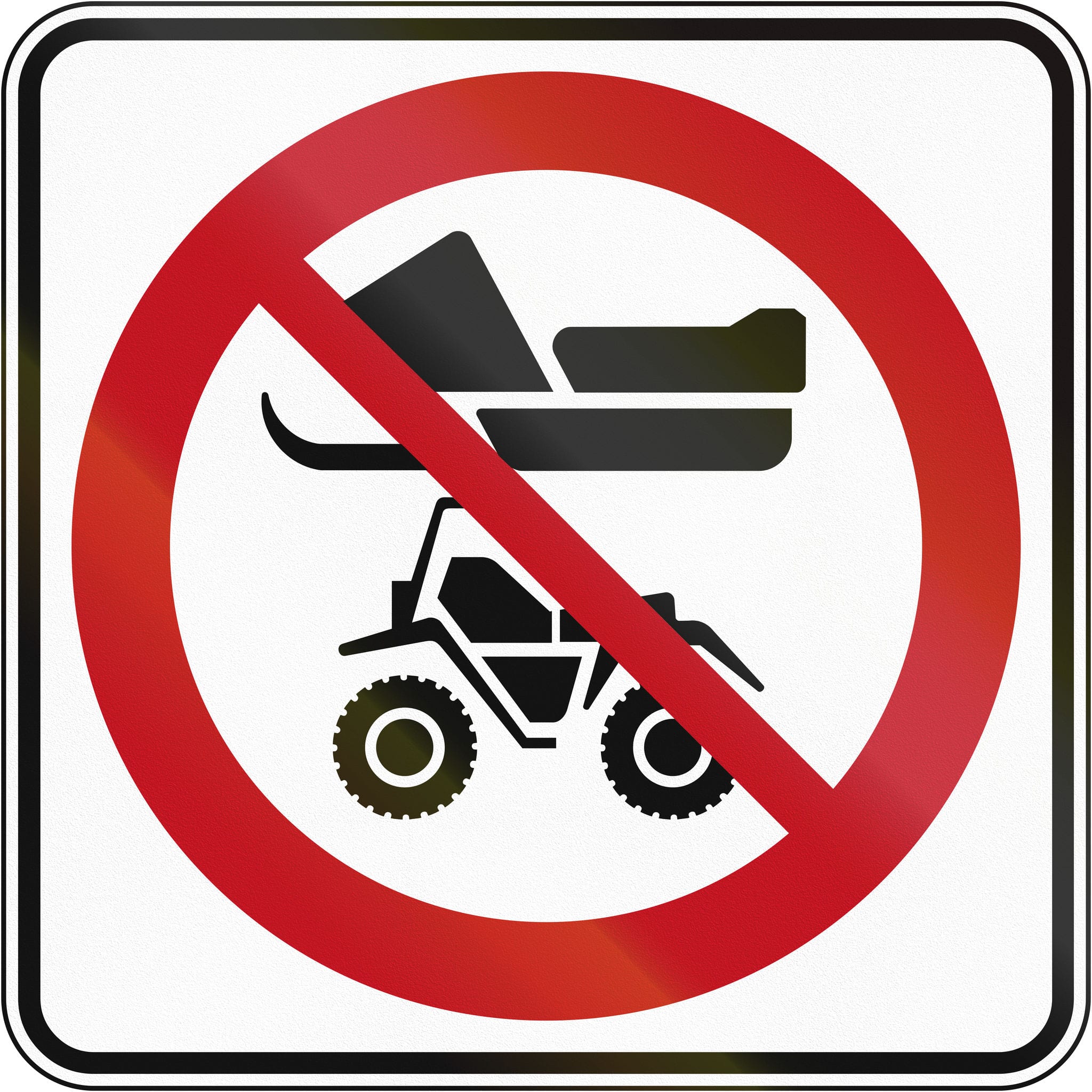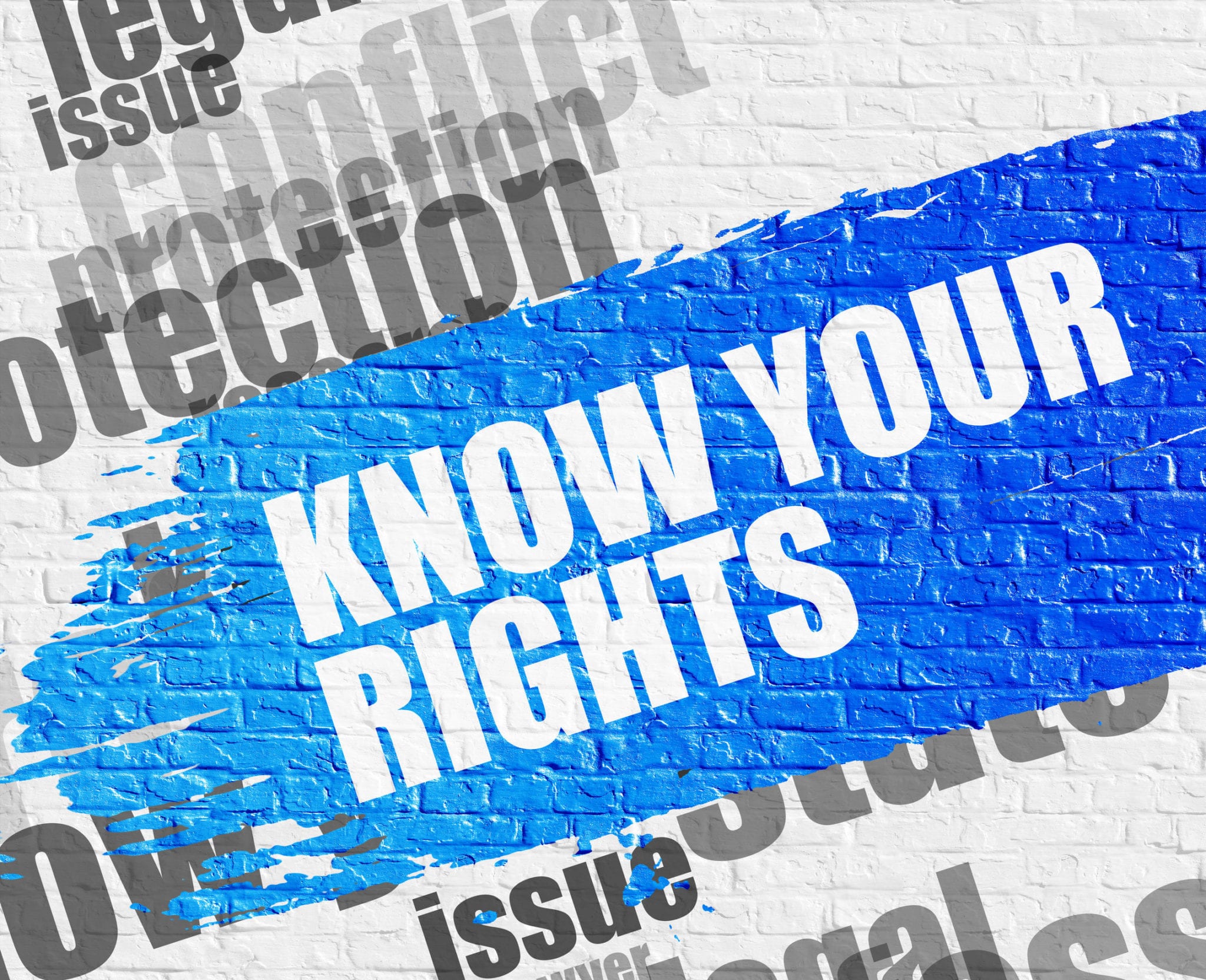
Getting a Driving While Intoxicated (DWI) conviction in Minnesota is life-changing in many ways. Often, people who are convicted of DWI are surprised to learn that the administrative penalties are frequently further-reaching than the criminal ones. These penalties place restrictions on your everyday life, and typically create a significant financial burden.
One of the most restrictive administrative penalties for a Minnesota DWI is license suspension. In most cases, your driver’s license will be suspended for a certain amount of time, meaning that you are not allowed to drive a car during this period.
Until recently, there was a bit of a loophole in this law. Namely, Minnesotans were still allowed to operate other vehicles, such as snowmobiles, boats, and ATVs, while their driver’s licenses were suspended. In many cases these, vehicles could be used as alternative modes of transportation during license suspension.
However, a law recently went into effect which prohibits Minnesotans from operating any motor vehicle while under license suspension for a DWI. Below, we’re going to detail the new law, dubbed Little Alan’s Law, and also how long you can expect for your license to be suspended should you be convicted of a Minnesota DWI.
The Story of Little Alan’s Law and How It Could Impact You
Little Alan’s Law was proposed in January of 2018 after 8-year-old Alan Geisenkoetter Jr. was struck and killed by a snowmobile driven by a man whose driver’s license had been revoked after multiple DWI convictions. The new law will apply to all Minnesotans charged with a DWI after August 1, 2018.
Prior to the law change, people convicted of a DWI in a highway-licensed vehicle, such as a car or truck, could still legally operate other motor vehicles, including ATVs, motorboats, and snowmobiles.
Now, however, anyone convicted of DWI, regardless of the vehicle they’re driving at the time of the offense, will lose their driver’s license, which will legally prohibit them from operating all other motor vehicles until it is reinstated.
This means that whether you’re driving a car, motorboat, ATV, or snowmobile at the time of your DWI arrest, you will be barred from operating any of these vehicles for the duration of your license suspension.
Minnesota DWI License Suspension Terms
If you are caught driving with a blood alcohol content (BAC) higher than the legal limit of 0.08%, you will be charged with a DWI, and your license will be suspended for at least 30 days if you are convicted.
You can expect the following license revocation terms for a Minnesota DWI:
- First offense, non-aggravated: License revocation for 90 days, or 30 days if you plead guilty.
- First offense, aggravated: If aggravating factors (for example, a BAC of 0.2% or more) are present, your license will be revoked for 180 days, and your license plates may be impounded.
- Second offense, non-aggravated: License suspended for 180 days. You may also receive a notice that your license will be cancelled if you commit any more offenses.
- Second offense, aggravated: The second offense with a BAC over 0.2% or presence of another aggravating factor will result in license revocation for one year, and potential plate impoundment and vehicle forfeiture.
- Third offense: License suspended for at least one year, and potentially cancelled. You may also be subject to plate impoundment or vehicle forfeiture.
- Fourth or more offense: License revocation for at least four years, and potentially cancelled. Likely plate impoundment and vehicle forfeiture.

As you can see, a DWI conviction in Minnesota is life-changing, and should be avoided at all costs. You can reduce your risk of DWI by planning ahead to avoid driving drunk, and also knowing your rights should you be stopped at a sobriety checkpoint or for suspected drunk driving.
About the Author:
Christopher Keyser is a Minneapolis-based criminal and DWI defense attorney known for fighting aggressively for his clients and utilizing innovative tactics to get the most positive results. He has been featured in numerous media outlets due to the breadth and depth of his knowledge, and recognized as a Minnesota Super Lawyers Rising Star (2014–2015), a Top 100 Trial Lawyer (2013–2015), and a Top 40 Under 40 Attorney (2013–2015).





